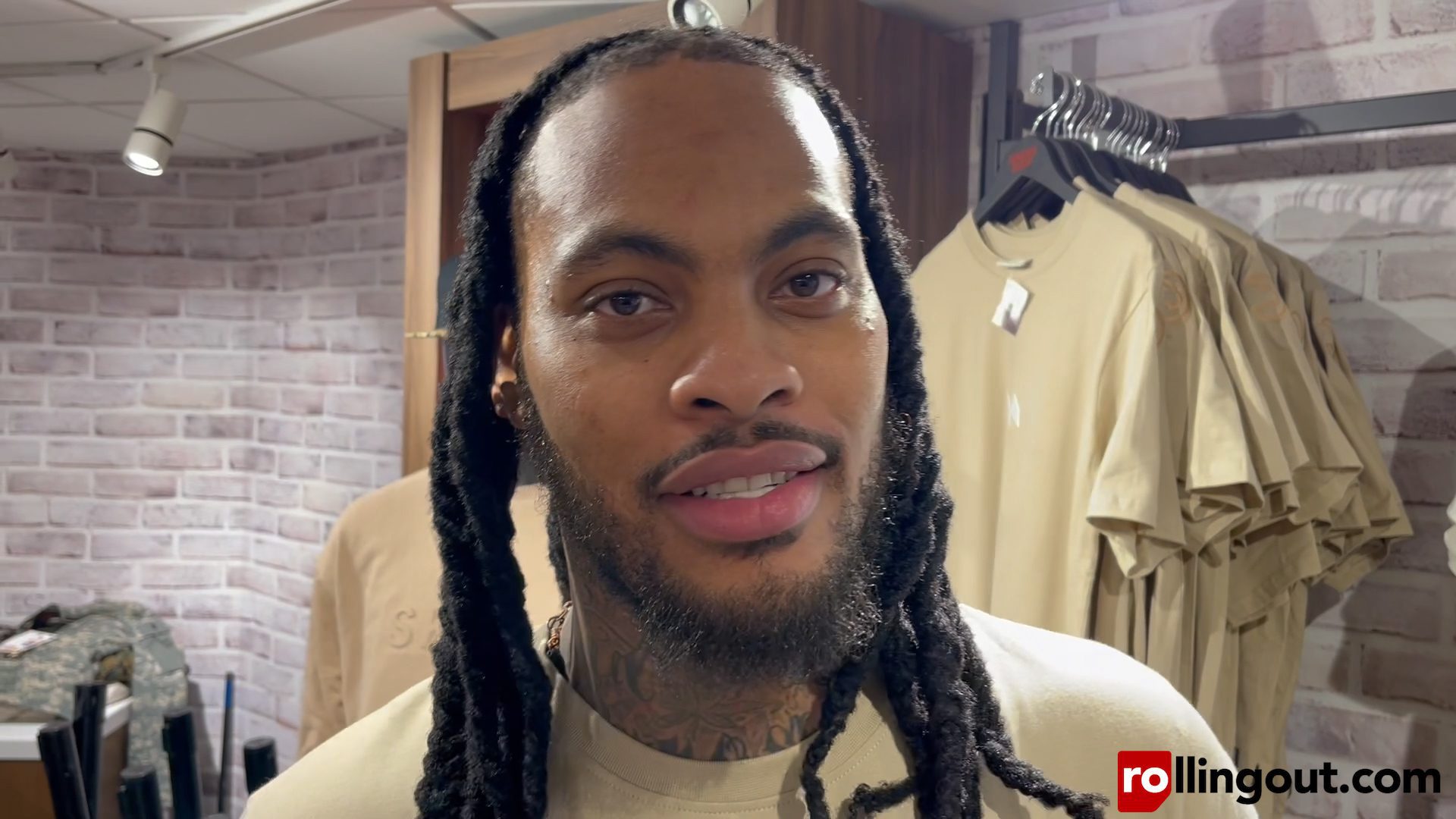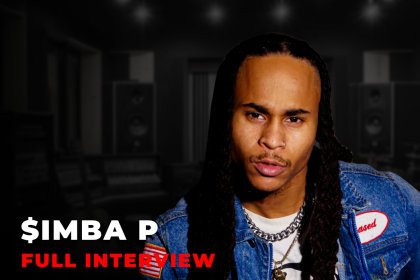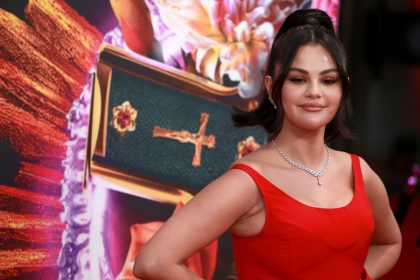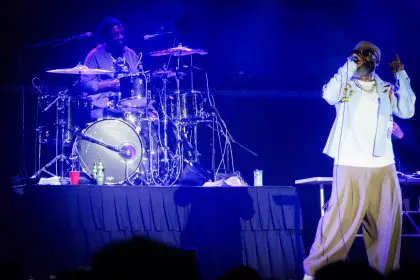If you don’t vote, you don’t count. Rapper Waka Flocka doesn’t buy that.
The rapper sparked intense debate across social media platforms on Nov. 4 with his controversial stance on voting participation. The “Hard in Da Paint” artist, whose influence extends to over 4 million social media followers, defended his decision to abstain from recent elections, challenging traditional views on civic engagement within the African American community. His statements have generated over 500,000 interactions across various platforms, triggering nationwide discussions about political participation.
Historical context of voting rights
The significance of Waka Flocka‘s position resonates deeply against the backdrop of the civil rights movement. The Voting Rights Act of 1965, which took decades of struggle and sacrifice to achieve, eliminated various discriminatory voting practices. Statistics show that African American voter turnout has fluctuated significantly since then, with the 2020 election seeing a historic 63-percent participation rate among eligible Black voters. Recent studies indicate that states with stricter voting laws have seen a 13-percent decrease in minority voter participation since 2021.
Celebrity influence on political discourse
As an artist who has sold over 4.5 million records worldwide, Waka Flocka’s platform carries substantial weight. His previous support for former President Trump, unusual among hip-hop artists, where polling shows only 12 percent supported conservative candidates, adds another layer to the controversy. Celebrity political stances have historically impacted young voters, with research indicating that 28 percent of voters ages 18-29 consider celebrity opinions in their political decisions. A recent survey shows that hip-hop artists influence political opinions of their followers three times more than traditional media outlets.
Modern voting challenges
Current data reveals persistent obstacles in the voting process. Studies show that 72 percent of African American voters in urban areas face longer waiting times at polling stations compared to other demographics. Additionally, 25 percent of Black voters report experiencing some form of voter suppression tactic, highlighting ongoing systemic challenges. The introduction of new voting legislation in 18 states has created additional barriers, with an estimated 2.2 million eligible voters facing increased difficulty accessing polling locations.
Impact on youth engagement
Youth voter turnout statistics indicate that only 41 percent of eligible voters ages 18-24 participated in recent elections. Waka Flocka’s stance potentially influences this demographic significantly, as his core fan base falls within this age range. Social media engagement with his voting-related posts has reached over 2 million impressions, demonstrating the reach of his message. Research shows that when celebrities express political views, their younger followers are 35 percent more likely to engage in political discussions online.
Alternative forms of activism
Beyond traditional voting, contemporary activism has evolved significantly. Digital advocacy campaigns reach an average of 35 percent more people than conventional political outreach. Waka Flocka’s emphasis on using his voice over his vote aligns with trends showing that 65 percent of young activists prefer direct action and social media advocacy to traditional political participation. Online movements initiated by celebrities have shown a 45-percent higher engagement rate compared to traditional political campaigns.
Community response and educational initiatives
Civil rights organizations and community leaders have responded to Waka Flocka’s stance with mixed reactions. Voter registration drives in areas where he has significant influence have reported a 15-percent decrease in new registrations following his statements. However, political discourse and engagement on social media platforms have increased by 45 percent among his follower demographic. Local organizations have launched educational programs reaching over 50,000 young adults to discuss the importance of both voting and activism.
Future implications
Political analysts predict that celebrity influence on voting behavior will continue to grow, with social media platforms playing an increasingly crucial role. Studies suggest that by 2025, up to 40 percent of young voters will form their political opinions primarily through social media influences. Waka Flocka’s stance has inspired a new wave of dialogue about the effectiveness of traditional political participation versus modern forms of activism, with organizations developing hybrid approaches to civic engagement that combine both methods.

















